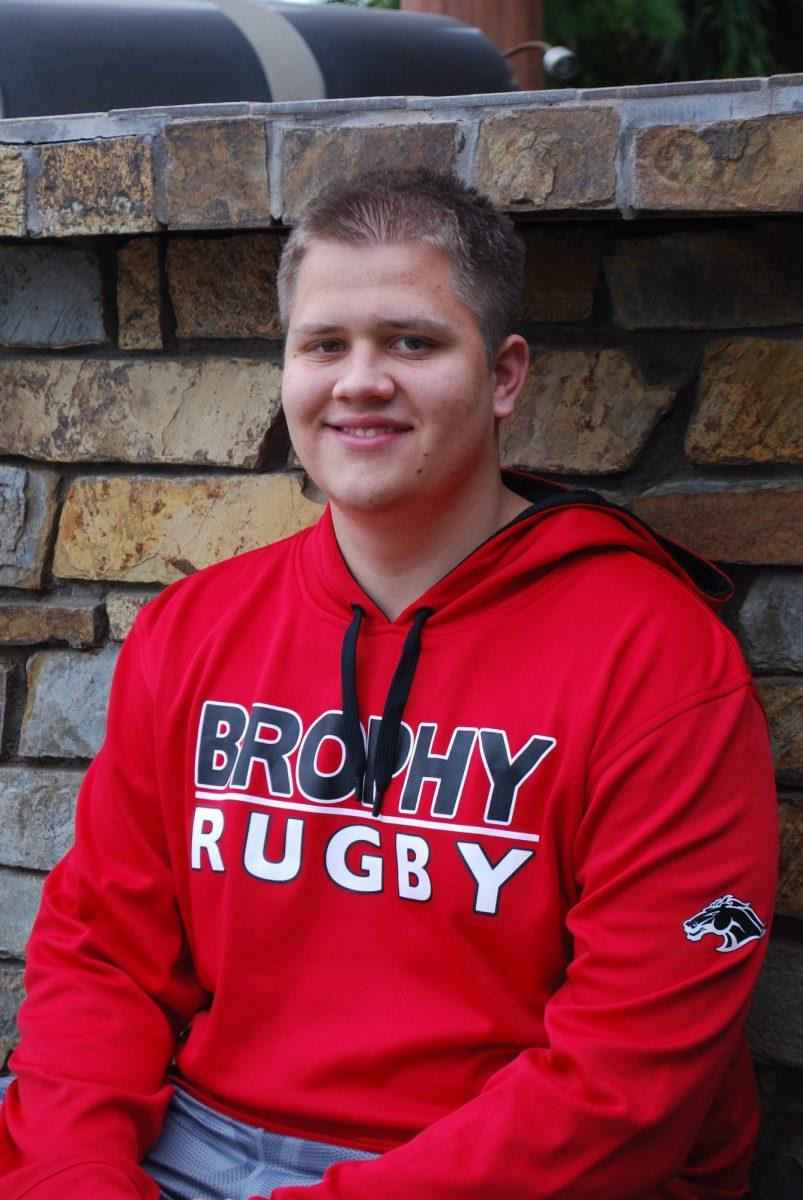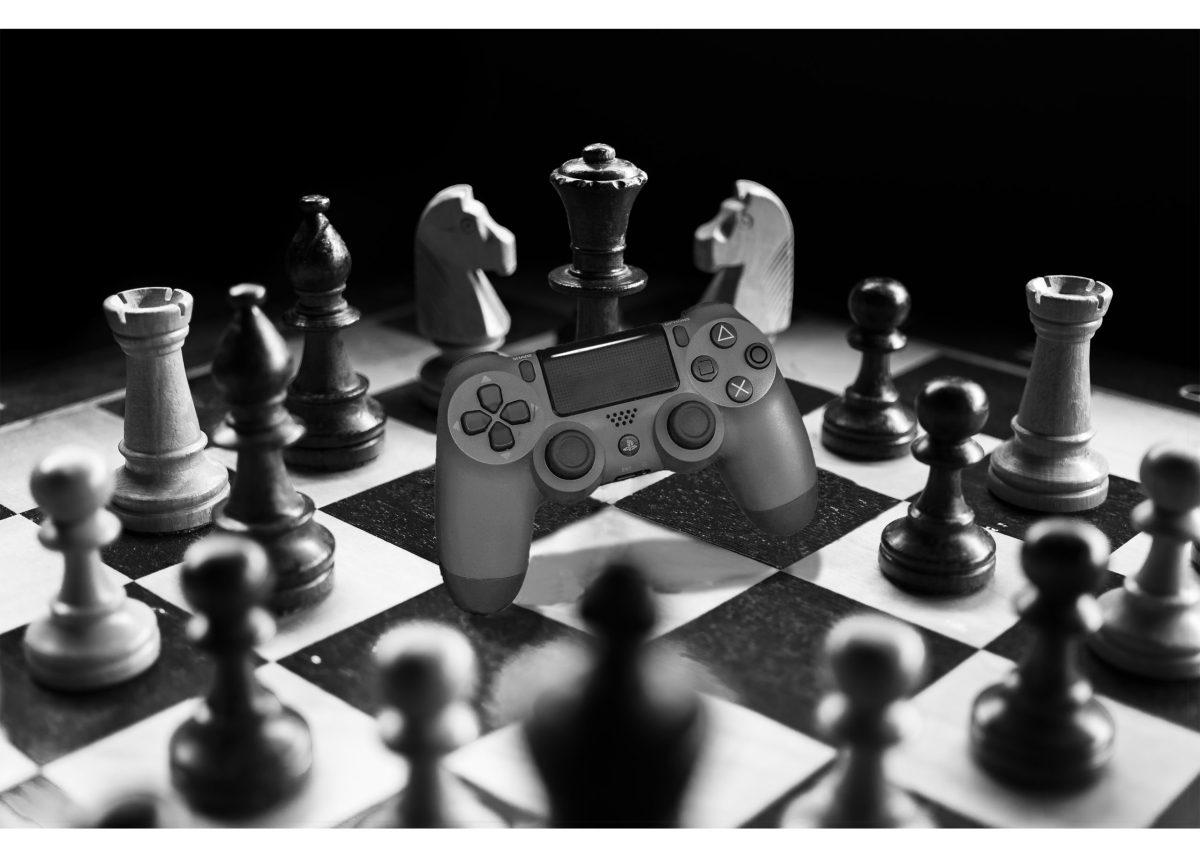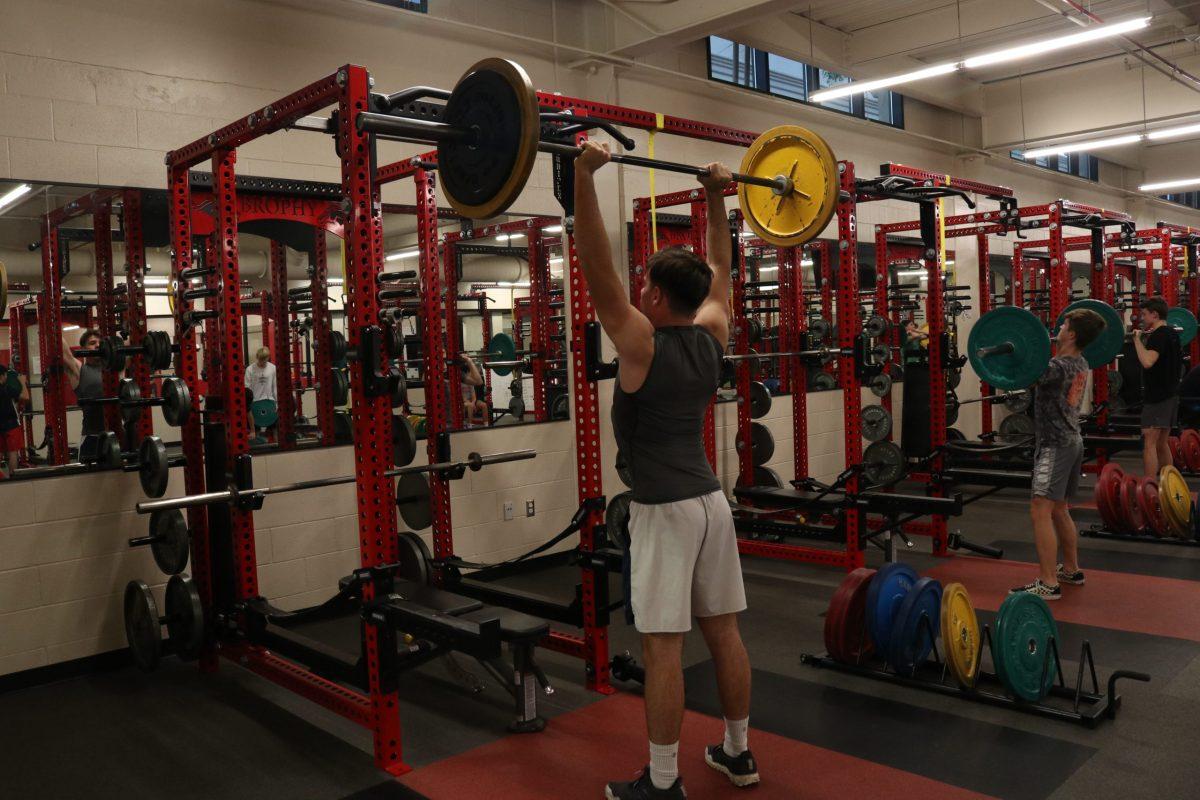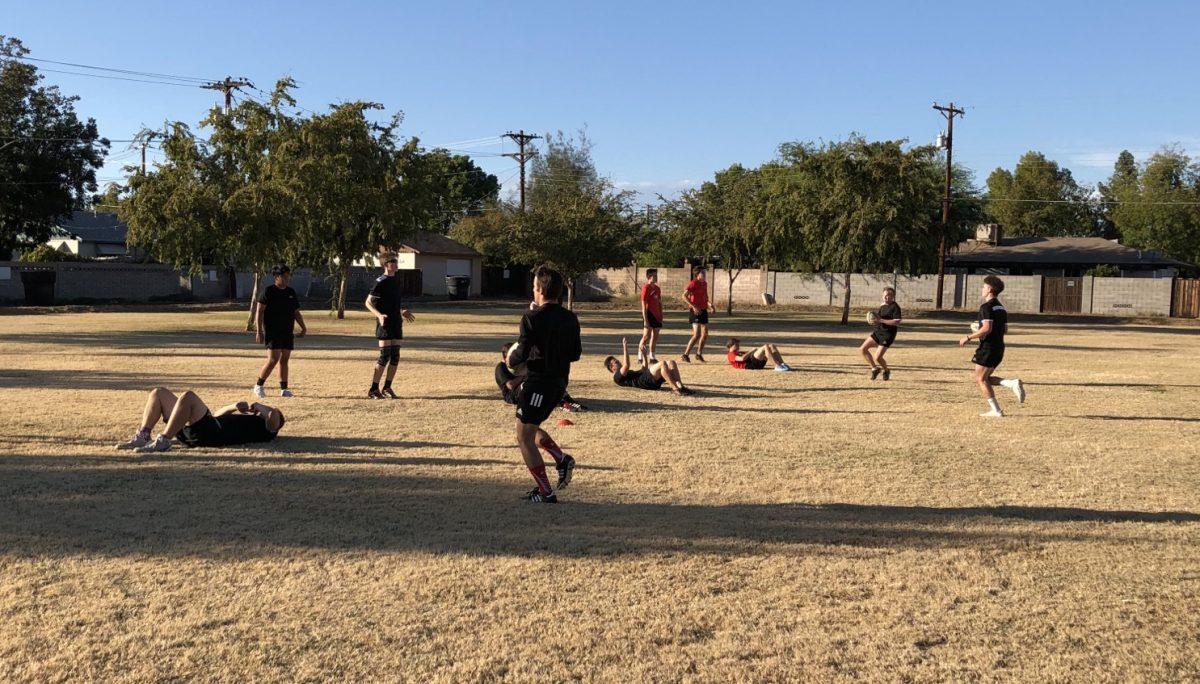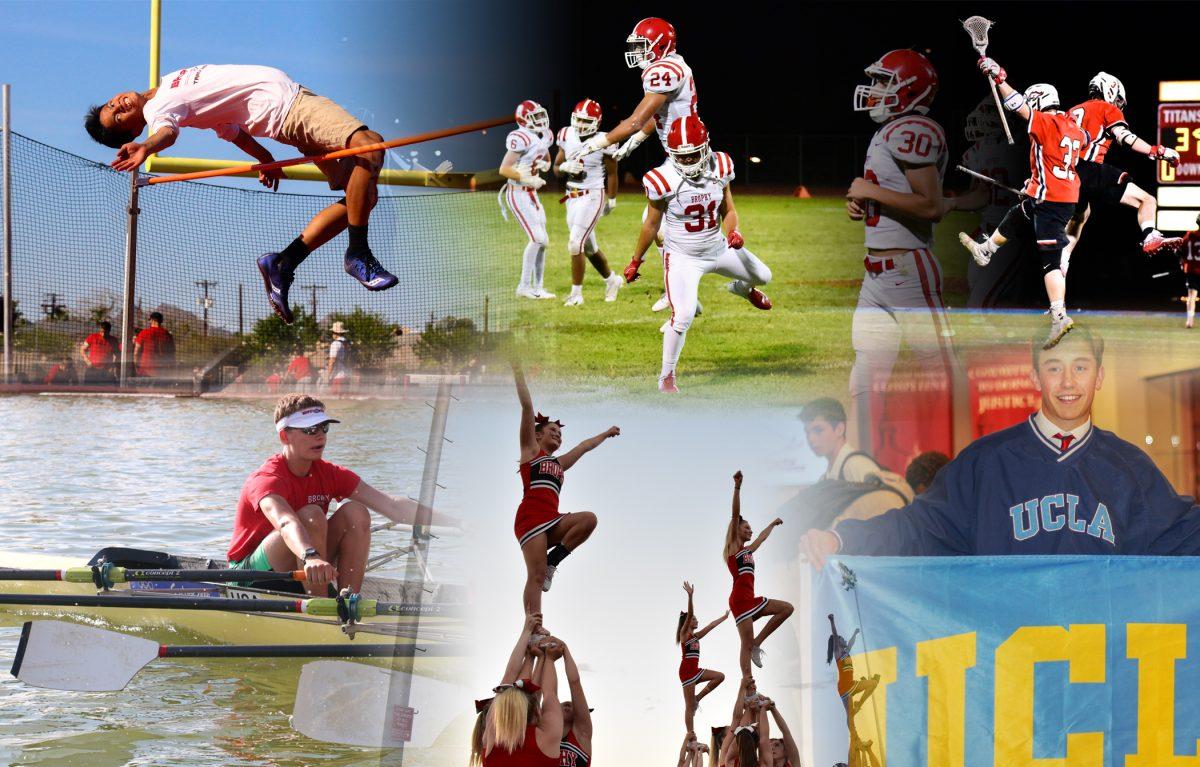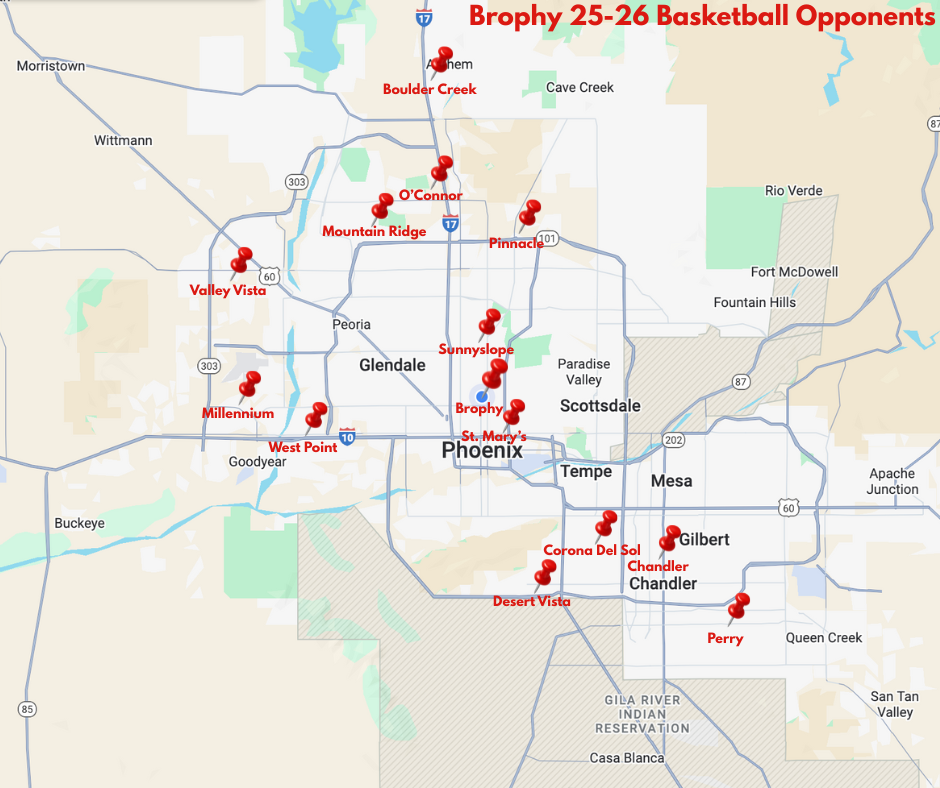By William Joseph Borders IV ’16
THE ROUNDUP

Nelson Mandela passed away from a respiratory infection Dec. 5, 2013 in South Africa, at the age of 95.
His life’s work has been seen and has affected people across the globe, including on Brophy’s campus.
“He was a freedom fighter,” said Mr. Christopher Agliano, a religious studies teacher. “He was a public figure and in my mind somebody who transcends this notion that we have of race in order to reach out, break the divide and help others.”
Apartheid was a policy or system of segregation and discrimination on grounds of race in South Africa.
Mandela worked to change this and tried to make it so blacks and whites were seen as equals and could work together.
“He definitely took the first step for future generations to continue what he envisioned for his country,” said Theodore Donley ’16.
“I think what Nelson Mandela, among others, has done, is really break down the boundaries of how we view Africa, and how we view race and culture, and what the important things in this society should be,” Mr. Agliano said.
One way Mandela tried to prove whites and blacks were equal was in the 1995 international championship for rugby.
“Nelson Mandela used rugby as a kind of a way to bond everyone in South Africa and convince the rugby team to win the international championship,” said Jack Fletcher ’16.
Mandela has been compared with people like Ghandi and Martin Luther King Jr. ever since he started reuniting blacks and whites in South Africa. Mandela also had a much different lifestyle before trying to accomplish his goal.
“I relate to him because of his passive ways of doing things, passive resistance as opposed to aggressive resistance or using force,” said Mr. Joe Klein ’86, a history teacher.
Mandela went to jail for sabotage and was a ruthless communist before making a dramatic change and emerging with a new goal in life.
“In his latter days he was for peace and union, but I don’t think that you should overlook the fact that he was a communist and that he was part of a sabotage military organization,” Donley said. “What he did prior to his arrest wasn’t much like Ghandi or Martin Luther King at all.”



















